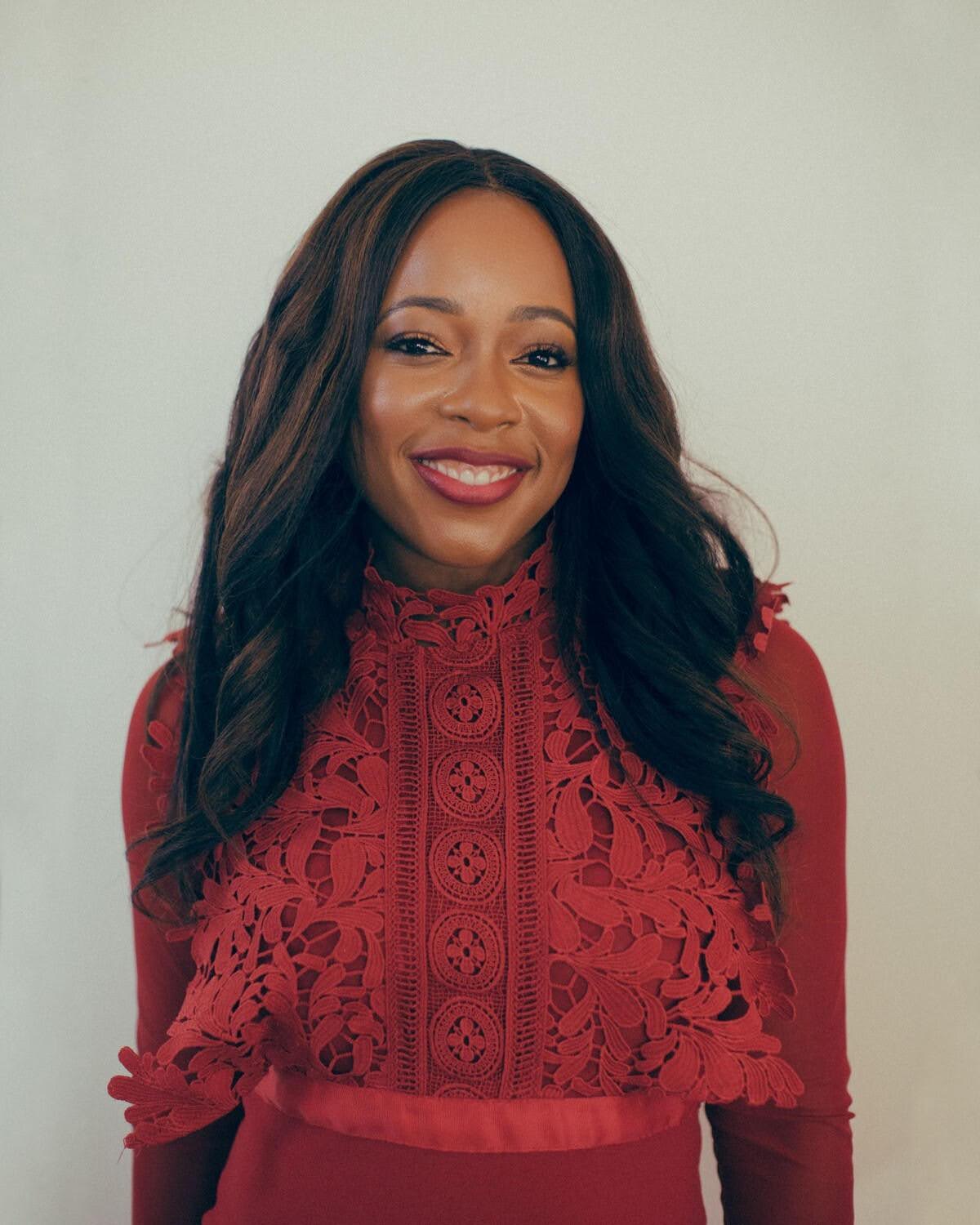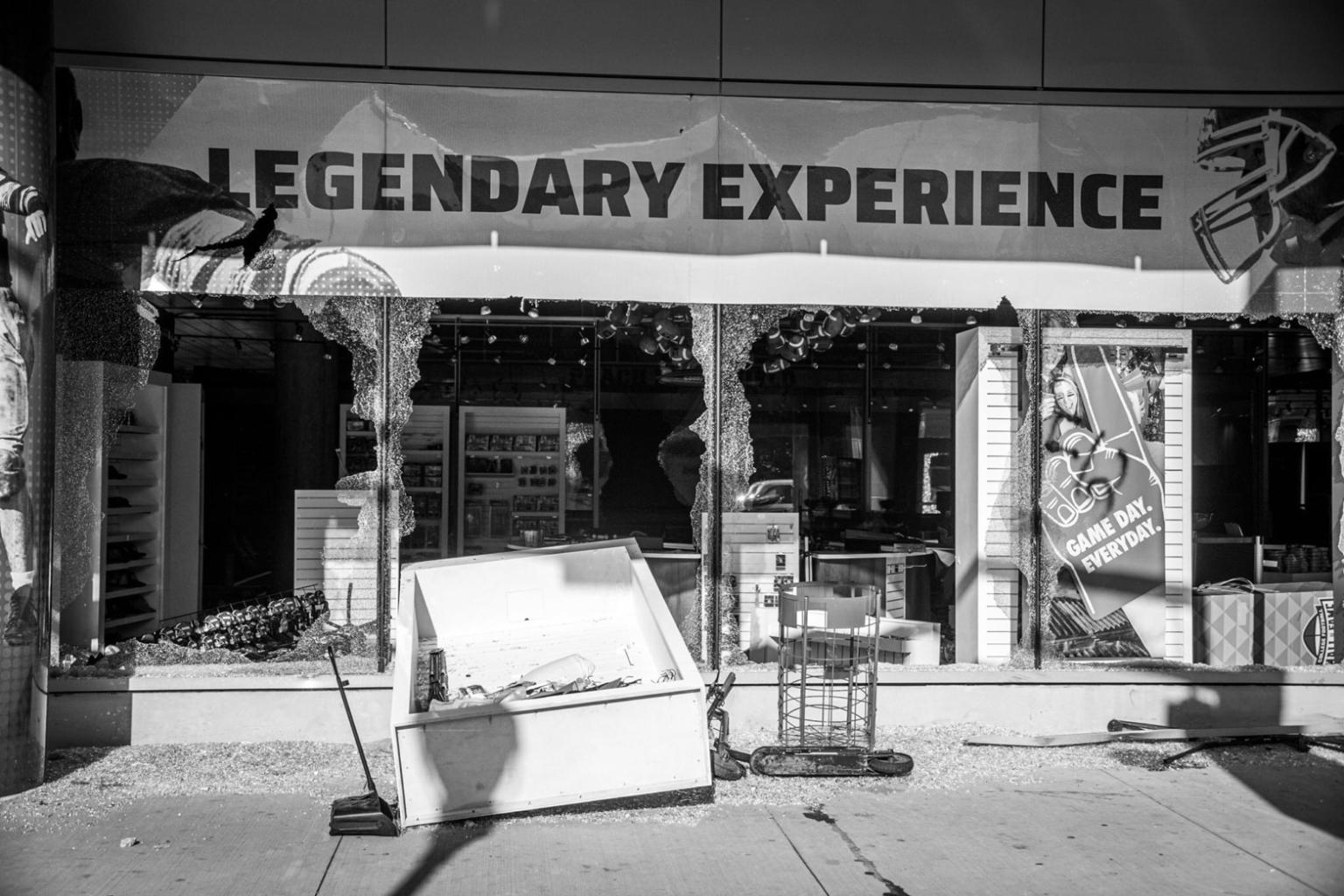It’s not about the riots; it’s about persistent injustice.
Black people in America often have to accept racism, economic exclusion, and unequal access to healthcare. On top of that, we are more susceptible to death in the pandemic. Given all these oppressive factors, it should not be difficult to believe the anger surrounding the murder of George Floyd. There is video evidence of four officers’ involvement, and they weren’t even arrested. This was simply the tipping point of a community that couldn’t take it anymore.
As a Black woman, I am deeply saddened and hurt by the recent murders of Breonna Taylor, Ahmaud Arbery, and George Floyd. It’s important to note that the outrage about Breonna Taylor is much less than the outrage for men. In my mind, it goes to show how society as a whole continues to value the life of men more than the lives of women. While no one has the right to judge the grief of another, injustice towards women continues to be lost in the narrative.
This was simply the tipping point of a community that couldn’t take it anymore.
I live a little less than two miles from the protests that occurred over the weekend in Atlanta. I noticed the increased police presence in my neighborhood, as well as the evidence of cleanup happening the next day. After the first evening of protests, I decided to talk to the women working in security and concierge positions to better understand how they were navigating the difficult situation. These women were afraid but had to take care of their families, so they had to come to work.
This narrative has continued to be true throughout time. Time and time again, women have had to suck it up and bottle up our pain, bottle up our hurt, bottle up the weight that exists on our shoulders, all to make sure our communities stay intact. We do it by focusing on our love for others and often overlook our own needs. Black feminist Audre Lorde famously said, “Caring for myself is not self-indulgence, it is self-preservation, and that is an act of political warfare.” She meant that Black women must replenish themselves because they spend so much energy caring for their communities in the face of oppression. One way I care for myself is by focusing on my self-care routine every morning and evening.
“Caring for myself is not self-indulgence, it is self-preservation, and that is an act of political warfare.” Audre Lorde
The Friday night of the protest, I woke up to text after text asking if I was alright. I remembered seeing the military vehicles outside my house when I came home and decided to check twitter. The first image that I saw was of the press conference given by Mayor Bottoms. She talked about how she was afraid for her sons, how we have a city with a legacy of diversity, and how we are the home of black leadership. When she spoke, I cried. I cried for the deep understanding I have of the difficulties of being a woman in power, a mother, and a steward of our culture all at the same time. I cried for the understanding that things are going to start being more difficult for us before they get better. And I cried for the many who feel like they have no say and no opportunity to thrive in this world.
We cannot give up the fight. We owe it to our communities, we owe it to our ancestors, we owe it to our children, and we owe it to ourselves.
Beyond my tears, as a black woman who started a company that strives for economic justice for women, I’m reinvigorated. My “why” continues to be necessary. We cannot give up the fight. We owe it to our communities, we owe it to our ancestors, we owe it to our children, and we owe it to ourselves. I strongly believe that in order for society to change, access to resources must change. Diversification of business ownership is part of the solution. Business owners are the brokers of goods into the community, and they influence politics and legislation. The pandemic in itself is supposed to put 42% of all businesses owned by black people in the US out of business, so supporting those businesses is an important way to ensure that our culture is not left further behind.
Originally published by Swaay.


